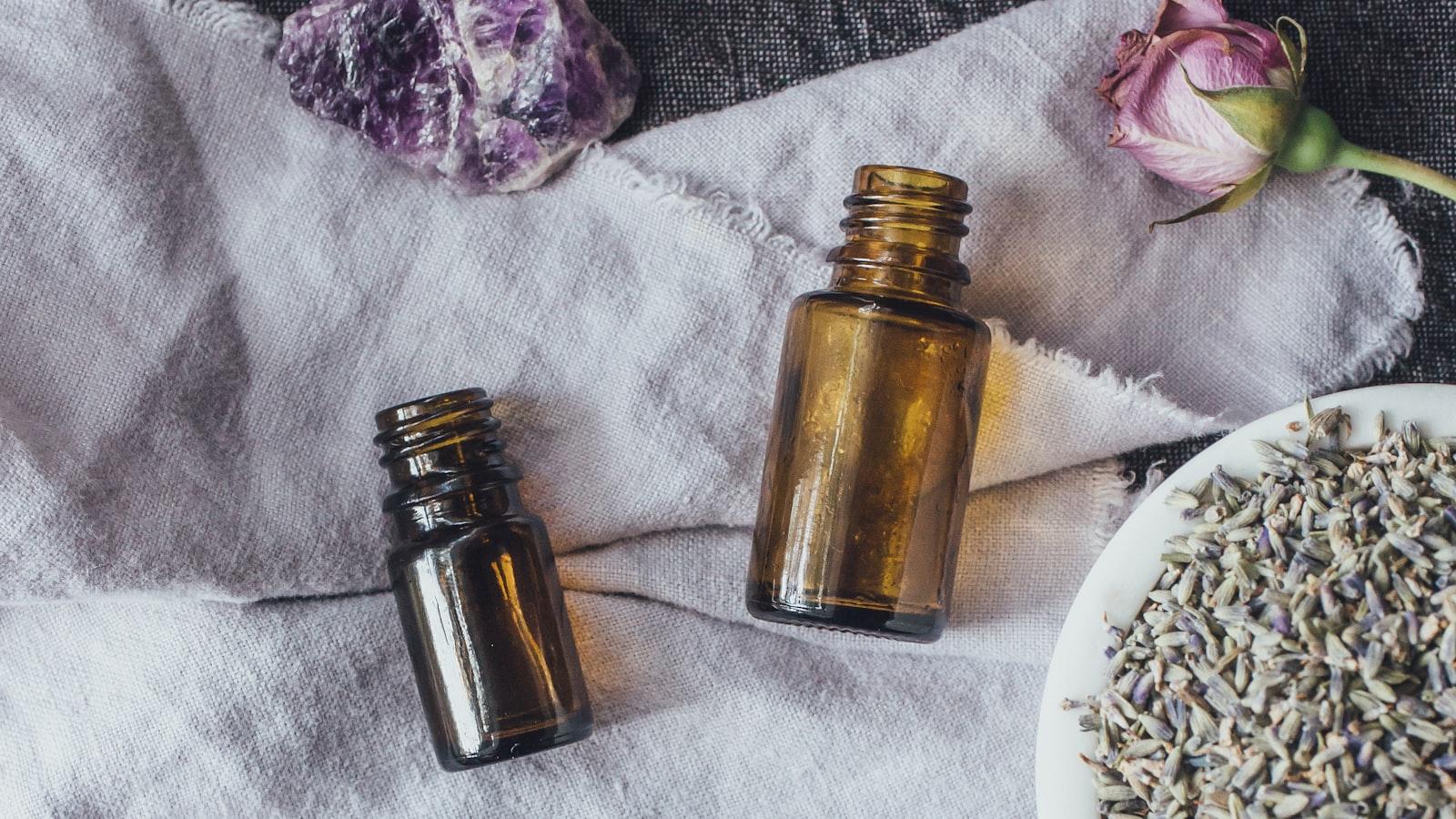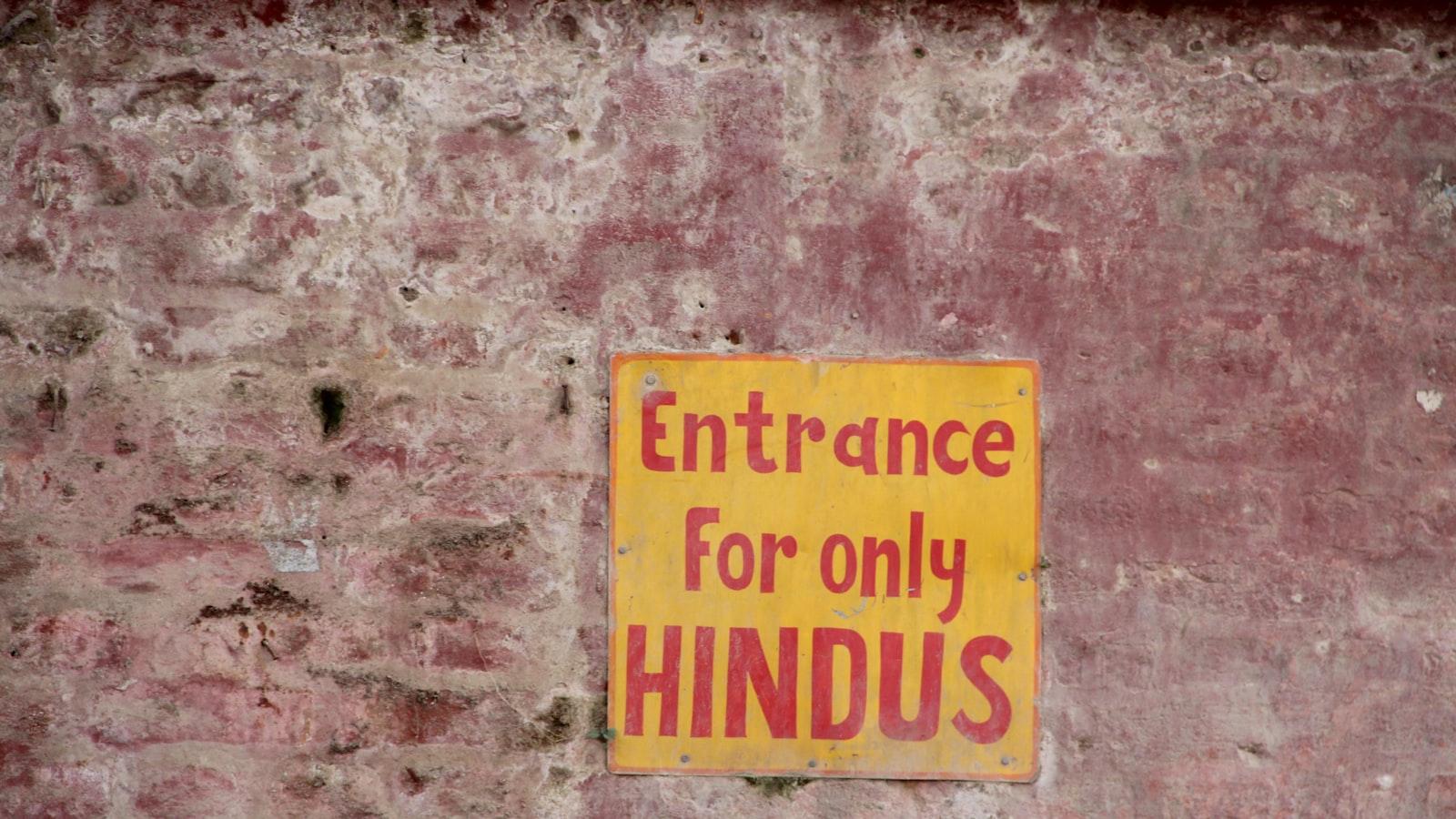In a world where diverse cultures weave together a vibrant tapestry of beliefs and practices, one form of healing has silently permeated countless societies – Homeopathy. As the whispers of herbal remedies and mysterious potions echo throughout time, our desire to uncover the secrets of this ethereal discipline intensifies. Join us on a captivating journey, as we embark upon a global exploration of the intriguing and often enigmatic world of homeopathy, where ancient traditions converge with modern understanding. From the lush valleys of India to the bustling streets of Brazil, from the tranquil islands of Japan to the heartlands of Europe, let us unravel the interconnectedness of homeopathy’s global perspectives and practices, poised delicately between tradition and innovation. It is time to broaden our horizons and harmonize our understanding – for in this quest, knowledge is the universal currency that binds and heals. Brace yourself, as we venture into the ancient corners of cultural homeopathic wisdom, igniting a spark of curiosity that will illuminate the shadows of understanding and forever change the way we perceive healing.
Homeopathy’s Evolution and Adaptation Across Cultures
When exploring the world of homeopathy, it becomes evident that this alternative medicine practice has not only evolved but also adapted remarkably across different cultures. While its origins lie in Germany, homeopathy has transcended borders and spread its healing principles far and wide. From India to Brazil, China to France, each culture has brought its own unique perspective and practices to the world of homeopathy, resulting in a rich tapestry of global perspectives that continue to shape and redefine this holistic approach to wellness.
One fascinating aspect of homeopathy’s adaptation across cultures is the incorporation of traditional healing modalities specific to each region. Indigenous herbs, ancient healing rituals, and time-honored traditional remedies merge harmoniously with the guiding principles of homeopathy, adding layers of interconnectedness and sustainability to the practice. For instance, in India, Ayurveda, an ancient system of medicine, has seamlessly integrated with homeopathy, creating a potent blend of holistic healing. Similarly, Chinese homeopathy draws from the principles of traditional Chinese medicine, employing acupuncture and herbal medicines alongside homeopathic remedies.

Uncovering the Diversity of Homeopathic Practices Worldwide
Homeopathy, as a form of alternative medicine, has a rich history with diverse practices found across the globe. Exploring the different cultural perspectives on homeopathy provides us with a fascinating insight into how this holistic approach has been adapted and integrated into various societies and belief systems.
From India to Germany, from Brazil to Japan, homeopathy has not only gained popularity but also evolved uniquely in each culture. In India, homeopathy is deeply rooted in the ancient Ayurvedic traditions, emphasizing the balance of energies within the body. German homeopathy, on the other hand, takes a more scientific approach, focusing on dilution and potentization of remedies. Brazilian homeopaths often integrate spiritual and mystical elements into their practice, recognizing the interconnectedness of mind, body, and spirit.
One interesting aspect of homeopathy’s diversity is the variety of remedies used. While the fundamental principles of homeopathy remain consistent, different cultures have discovered and incorporated their own unique substances into the treatments. For example, Indian practitioners often utilize remedies derived from indigenous plants and minerals, such as Nux vomica and Arsenicum album. In contrast, African homeopaths may rely on traditional herbs like Cape aloe and African potato in their remedies. Exploring these cultural variations not only enriches our understanding of homeopathy but also underscores the importance of considering individual and cultural contexts in healthcare practices.

Exploring Cultural Influences on Homeopathic Treatment Approaches
Homeopathy, a system of alternative medicine, has evolved and adapted differently across various cultures, resulting in a fascinating tapestry of global perspectives and practices. Each culture brings a unique set of beliefs, traditions, and historical influences that shape the way homeopathic treatments are approached and administered.
One example of cultural influence on homeopathic treatment can be observed in India. In this ancient land, homeopathy has deep roots and is widely integrated into their healthcare system. The cultural belief in the body’s innate ability to heal itself aligns with the principles of homeopathy, making it a popular choice for many Indians seeking natural remedies. Additionally, India’s rich tradition of herbal medicine also influences the Homeopathic Pharmacopoeia and leads to a greater emphasis on using plant-based remedies.
- Germany: In Germany, homeopathy has gained recognition and support from the government, leading to insurance coverage for homeopathic treatments and a high number of trained homeopaths.
- United Kingdom: Homeopathy has a long-established presence in the UK, with dedicated homeopathic hospitals and a strong network of practitioners.
- Brazil: In Brazil, homeopathy is widely embraced, and there are even public healthcare facilities that offer homeopathic treatments alongside conventional medicine.
These cultural influences not only influence the use of certain remedies but also shape the overall approach to homeopathic treatment. Understanding and appreciating these diverse perspectives can lead to a more holistic appreciation for homeopathy and its potential for healing.

Enhancing Cross-Cultural Understanding for Effective Homeopathic Applications
In today’s interconnected world, it is essential to have a deep understanding of different cultures and their perspectives on homeopathy. Homeopathy, with its holistic approach to health and well-being, has gained popularity across the globe, but its applications may vary greatly based on cultural beliefs and practices. By exploring homeopathy in different cultures, we can gain global perspectives and unlock a wealth of knowledge that can enhance our understanding and effectiveness in its applications.
Homeopathic remedies are influenced by cultural traditions and local practices, resulting in diverse approaches and techniques. For example, in India, Ayurveda strongly influences homeopathic medicine, leading to the use of specific herbs and natural ingredients. In contrast, in Germany, homeopathy is integrated into mainstream healthcare, with a focus on scientific research and certification. These differences not only influence the selection of remedies but also shape the way homeopathy is practiced and perceived.
- Gain insights into traditional healing practices in different cultures
- Explore the role of cultural beliefs and values in homeopathic treatment
- Discover unique remedies and techniques used in specific cultural contexts
By understanding and appreciating these cultural variations, we can foster cross-cultural dialogue and collaboration, allowing for a more effective and inclusive approach to homeopathic applications. Whether you are a practitioner, researcher, or simply curious about the diverse world of homeopathy, this exploration of global perspectives and practices will nourish your understanding and broaden your horizons.
In Summary
As we conclude this journey through the captivating realm of homeopathy, our minds are expanded and our understanding deepened. From the ancient traditions of India to the modern practices in Europe and the Americas, we have witnessed the diverse tapestry of homeopathic approaches that have developed across different cultures.
Throughout this exploration, it becomes clear that homeopathy transcends geographical boundaries and cultural barriers. It is a testament to the universal human desire to seek natural remedies and restore balance within the body. From the meticulous examination of symptoms to the delicate selection of remedies, each culture embraces homeopathy in its own unique way, restoring health and harmony for its practitioners.
We have marveled at the wisdom of the Sankaran method in India, where the body and mind are seen as an interconnected whole. The intricate blending of traditional Ayurvedic medicine and homeopathy has given birth to a truly holistic approach, where the individual is placed at the center of healing.
Traveling to Europe, we discovered the longstanding ties between homeopathy and Western medicine. The integration of these two worlds resulted in synergistic practices that continue to shape the field. Whether it be the meticulous case-taking of Jean Pierre Gallavardin in France or the meticulously researched protocols of Samuel Hahnemann, European cultures have contributed immensely to the evolution of homeopathy.
Crossing the Atlantic to the Americas, we immersed ourselves in the rich tapestry of Latin American homeopathy, where ancient Aztec and Mayan practices blend harmoniously with modern techniques. Here, we witnessed a deep reverence for nature and a profound understanding of the delicate balance within living beings.
As we part ways, let us remember that homeopathy knows no boundaries. It is a shared humanity that propels us to seek healing in the most natural and gentle manner possible. With roots firmly planted in different cultures, homeopathy continues to thrive and evolve, offering a beacon of hope for those who seek wellness.
So, let us celebrate the diverse perspectives and practices of homeopathy, for each one is a vital thread in the global tapestry of healing. As we bid adieu, may we carry with us the knowledge that unity lies in the recognition and embrace of our differences, and that homeopathy is a testament to this universal truth.



